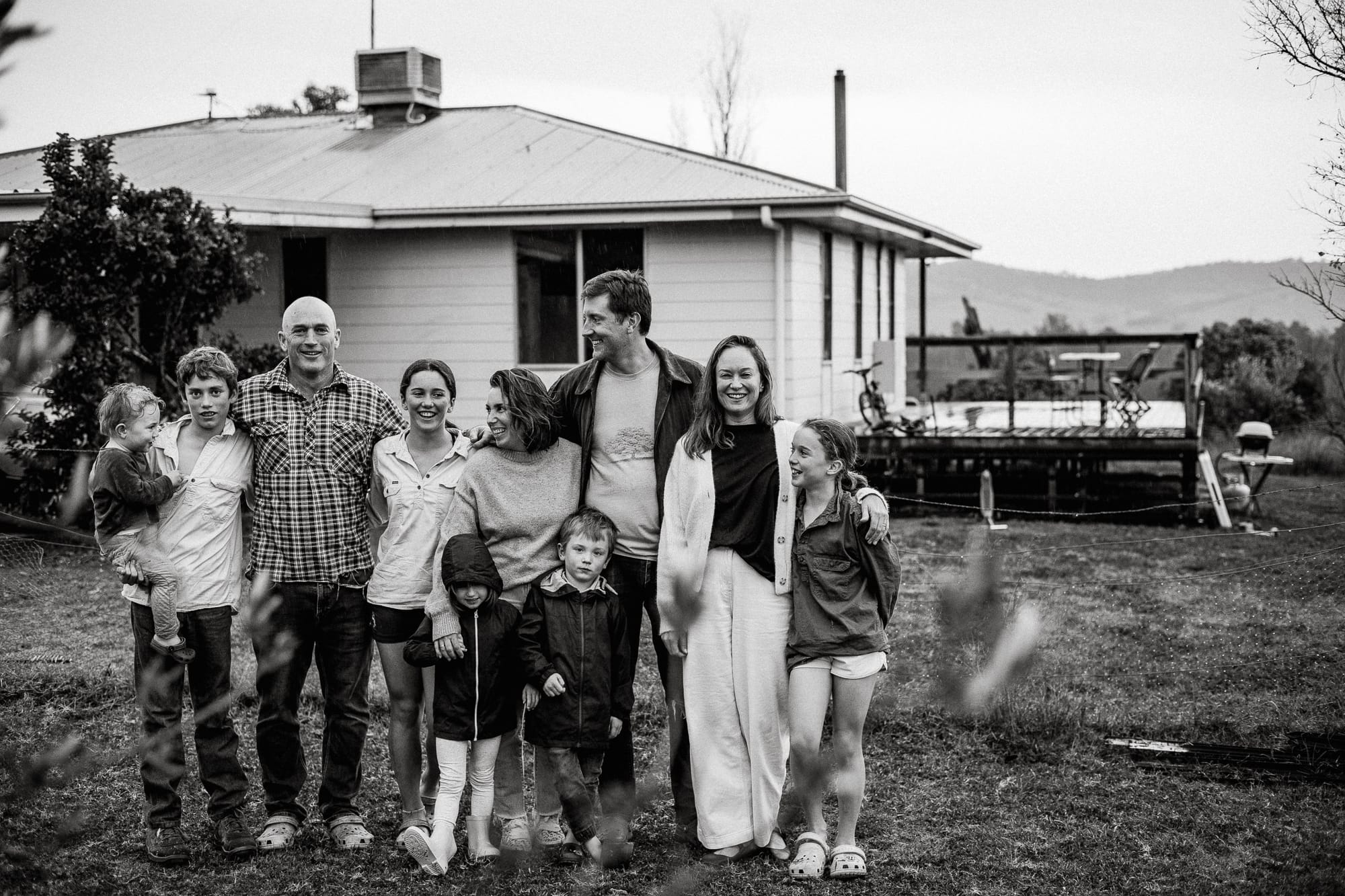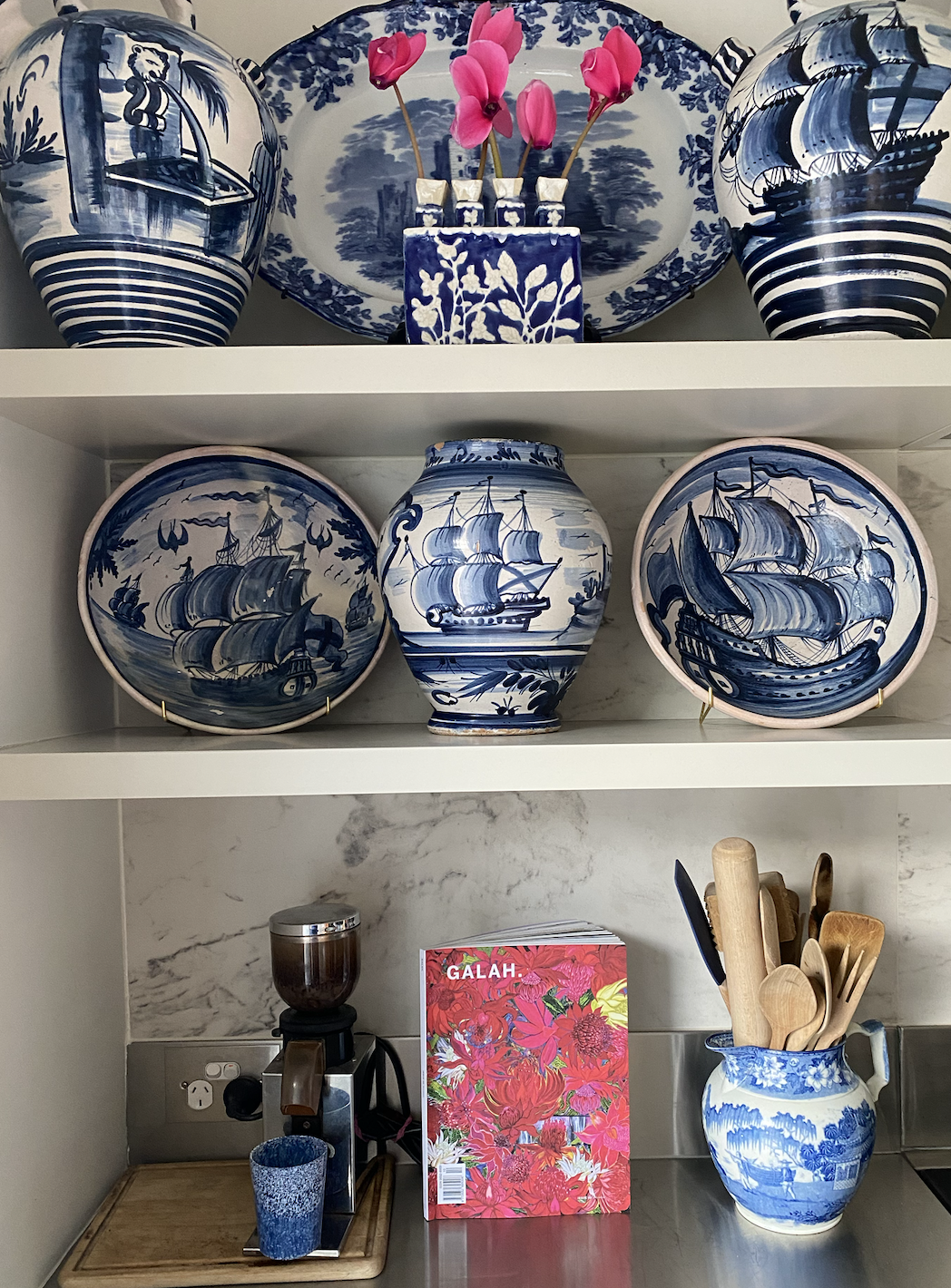
And the art of long-haul truck driving. Welcome to Galah Weekly, our newsy newsletter keeping you up to date with regional headlines that matter, plus other delightful things from life beyond the city. By Michelle Crawford, who is trying to get her head around the News Media Bargaining Code.
This week saw another blow to regional media, with television stations in Mildura, Victoria closing, and Tasmania and other regional stations likely to follow. Meanwhile, we’re losing more local newspapers, with the Country Press Association warning that up to 50 regional newspapers could fold when Meta (formerly Facebook) funding agreements expire later this year.
What's behind the upheaval? The News Media Bargaining Code requires tech giants to strike deals with media companies to pay for news or face regulatory intervention. While Meta and Google signed deals, Meta reckons it won’t renegotiate. They’re even threatening to block news sources on their platforms, a move they’ve already pulled in Canada. You can find out how well that went down here.
The rise of digital platforms like Meta has decimated the ad revenues that once funded quality journalism, a business model that sustained local news in Australia for decades. The Bargaining Code tries to claw some of that revenue back. Without it, pundits say we’re looking at a ‘‘media apocalypse”, leaving regional communities in vast news deserts.
As a person just trying to find good information on the internet, what are we supposed to do? For a start, subscribe to newsletters like this one. And check out US journalist Ezra Klein’s interview on the podcast Search Engine about becoming a savvier consumer of local media.
The future of regional media might be uncertain, but we will always need local voices telling local stories. It's up to us to figure out how to find and support those stories. Read more
Byron Bay hinterland-based artist Lindy Lee's enormous sculpture Ouroboros arrived in Canberra recently for its installation at the National Gallery of Australia (NGA).Ouroboros made its way with a police escort across three states, from Brisbane to its new resting place in front of the NGA – a journey of about 1250 kilometres.
I loved following the trip on Lee’s Instagram page as her team of heavy haulage vehicle drivers navigated this “journey of lifetime”. From her updates while eating a meat pie for breakfast on a frosty Dubbo morning to her sheer admiration of the truckies who delivered the 13 tonne sculpture safely, Lee’s delight is contagious. Worth a visit to add some sparkle to your day. See it here
Independent regional media brand with GSOH and 14,000+ engaged newsletter community seeks newsletter partners with like-minded interests. Must suit Galah’s community-minded subscribers with an interest in arts, culture and regional issues, who prefer to purchase locally made, high-quality brands that stand the test of time. 📧 Contact Lyndsie to discover if we’re a match: lyndsie@galahpress.com
Seems cash isn’t king anymore. Lindsay Fox’s triumph over major banks, supermarkets and Australia Post has received official approval from the Australian Competition and Consumer Commission (ACCC) this week, endorsing his crucial deal to save his Armaguard cash delivery business. That’s major banks and retailers chipping in a cool 50 mill to prop up the business. While Australians shift away from cash, it's still important to many of us hence the bailout. Let’s face it, our regional internet can be dodgy at times (I’ve had to walk out to the car park and wave the eftpos machine in the air to complete a transaction). The deal means you can still get change at the shops when you crack a fifty for a little while longer. Read more
We’ve all heard of Facebook scams that target unwitting buyers (see, this is when cash is king) but this one is particularly awful when it affects farmers trying to feed their animals. A hay scam has been doing the rounds in Tasmania, using social media to exploit people who are desperate for feed for their animals. Farmers are reporting being thousands of dollars out of pocket for hay that never arrived. Read more
A humpback whale tangled in about 200 metres of ropes and fishing buoys sparked a massive search off Gippsland's east coast in Victoria. The 18-metre full-size adult whale was towing fishing equipment that weighed about 800 kilograms, most of it picked up around Antarctica.
It took almost a week to find the whale after it was first spotted, but once rescuers found the humpback again they used small boats to get close enough to start the delicate task of untangling the knots. By Saturday afternoon, most of the ropes and buoys had been removed, and the whale continued on its merry way along Australia’s east coast. Read more

There’s been a bolstering of the Tasmanian Galah chapter this week with Katie Duffy, our beloved boss of reader support, setting sail for Hobart with her family. Katie, who counsels readers on their subscription problems, as well as life in general, has moved from the pecan farm to the Apple Isle, bringing the Galah Tassie contingency to a total of three.
With that in mind, Annabelle and I were thinking it’s about time we organised a Galah event here in Tasmania, and what better place than right here at The Bowmont. A late winter weekend lunch by the fire, with books and magazines and delicious things to eat. Want to come along? Stay tuned for details.
While Katie wrangles the move, any customer service emails sent this week may receive an out of office response, but your email is important to us and will be answered shortly.
What joy to see those fiery, waratah-covered Galah Issue Number 10s arriving in your letterboxes across the country. Please keep sharing on social media – we love to see them! And it's not too late to get a copy of issue 10 if you haven't already. Shop here.


Snapshots taken of unknown people recording moments in their lives become the inspiration for Adolphs, who breathes new life into old photos through her paintings. Ngunuggula Southern Highlands NSW 13 July - 1 September Read more
With more than 40 events from Busselton to Margaret River and everywhere in between, Cabin Fever brings all the fire, food and fun across 10 wintry days that will leave you fuller than a late-night fridge raid. 12 - 21 July South West Region WA Read more
Adelaide’s annual winter event sets the city's streets, laneways and architecture alight with a program of free and ticketed events by local, national and international artists and companies encompassing art, light, music, and technology. 4 - 21 July Adelaide Read more

Interview by Emma Hearnes.
If you're looking for Johan Kortenhorst, you'll likely find him out with the cattle among the 400 acres of seasonal flood plains and rolling hills that is Leela Farm. After a decade of spreading his wings studying and travelling the world, Johan returned to run his regenerative family farm, nestled in the beautiful Myocum Valley, near Byron Bay, in 2017. Dedicated to supporting regional communities like the one he grew up in and was "fortunate enough to return to", Johan has also recently stepped up as chair of the Northern Rivers Community Foundation (NRCF), after volunteering for six years.
Ha! All of it??! When I came back to our farm I had never worked cattle or understood anything about the land, soil or the complexity of running a family business. Working a family farm can be all-consuming, but there is also no place I would rather be. It's like having a massive playground that you get to design yourself and continue to build and improve. It’s been a journey of consuming as much knowledge as I can and realising that there is always more to learn.
On the farming side, I am currently fascinated by genetics. We are trying to draw wisdom from historical precedent and gain insight from traditional methods and customs. Better understanding our herd through observation and careful record-keeping will, hopefully, in turn, improve our herd's health, wellbeing and performance.
Outside the farm, I’m trying to learn more about community dynamics and how we can shift focus and power back to our regions. Our farming and regional communities are the engine rooms for our country, yet we are being left behind. We are finding ourselves further and further from the decision centres of society. How did we get to this point? And more importantly, what can we do within our region to support each other and become more prosperous?
We work with families, businesses and individuals who care deeply about their communities, connecting them with local organisations that strengthen the fabric of our regions. I joined the foundation to be closer to my community after seeing many people fall through the cracks growing up. I just wanted the chance to be part of the solution. As the new Chair, I’ve been focusing on how we can best leverage resources to shift power back to our local regional communities.
Gerald Wyatt and Albert Handcock from Classic Livestock Management Services. The pair have been farming and educating farmers for longer than I’ve been around. Their wisdom and dedication to sharing knowledge is incredible. They hold a profound reverence for traditional methods predating our modern obsession with technology.
At Galah, we want to help writers tell regional stories. Starting in August, Galah will host a pilot program of our “On being a journalist” course. It’s the practical parts of a journalism degree, taught live and online, in eight weekly sessions.
As Annabelle explains here: “I don't want to sit back and complain about the state of regional news. I'd much rather do something that feels practical and positive. Helping train the young regional storytellers of the future, for whatever that future might look like.” Read more
We have five seats put aside for five young – 18-24 years old – regional writers in the pilot program and we're looking for sponsors to fund them. Sponsors can choose to nominate a young writer, or provide sponsorship to be assigned to a young writer, who applies to the course through us.
Sponsors can be corporates, businesses or individuals and we can sing your praises publicly or keep your involvement anonymous – however you want to roll. If you'd like more info on what sponsoring a seat looks like, click here.